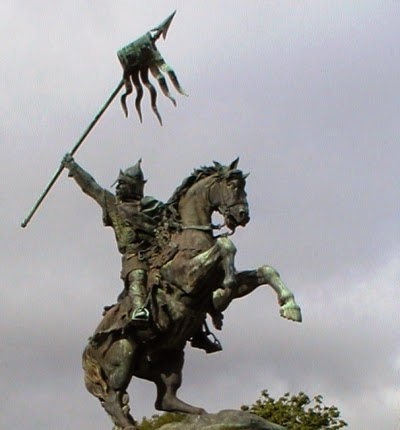Isaiah 10 (Part 2 of 2): Condemnation of Arrogance

Isaiah 10 (Part 2 of 2): Condemnation of Arrogance === Main Idea #2 === God furiously condemned Assyria's arrogance. The king of Assyria did not in the least consider God to be his commander. He took to himself the glory and fame of conquest and control. Isaiah 10:12 (ESV) When the Lord has finished all his work on Mount Zion and on Jerusalem, he will punish the speech of the arrogant heart of the king of Assyria and the boastful look in his eyes. Assyria was a tool in the hands of God, a tool of judgement and punishment against Israel's idolatry and wickedness. God moved the leaders of Assyria against Israel, "to take spoil and seize plunder, and to tread them down like the mire of the streets." But Assyria went beyond God's intent. Not content with seizing property and commanding tribute, Assyria sought to destroy all of Israel, boasting of his power. Isaiah 10:8-11, 13-14 (ESV) for he says: "Are not my commanders all kings? Is not Calno...




